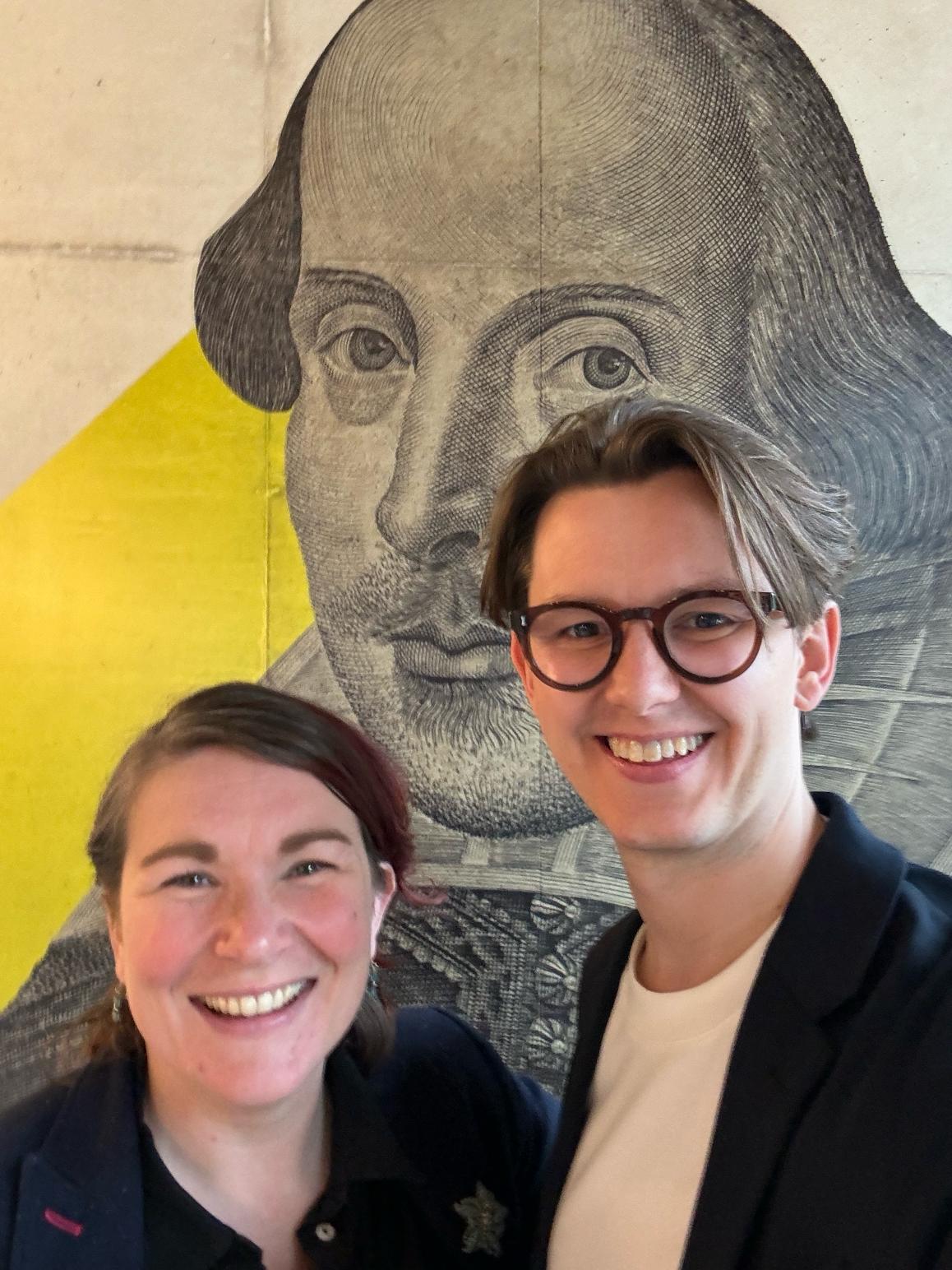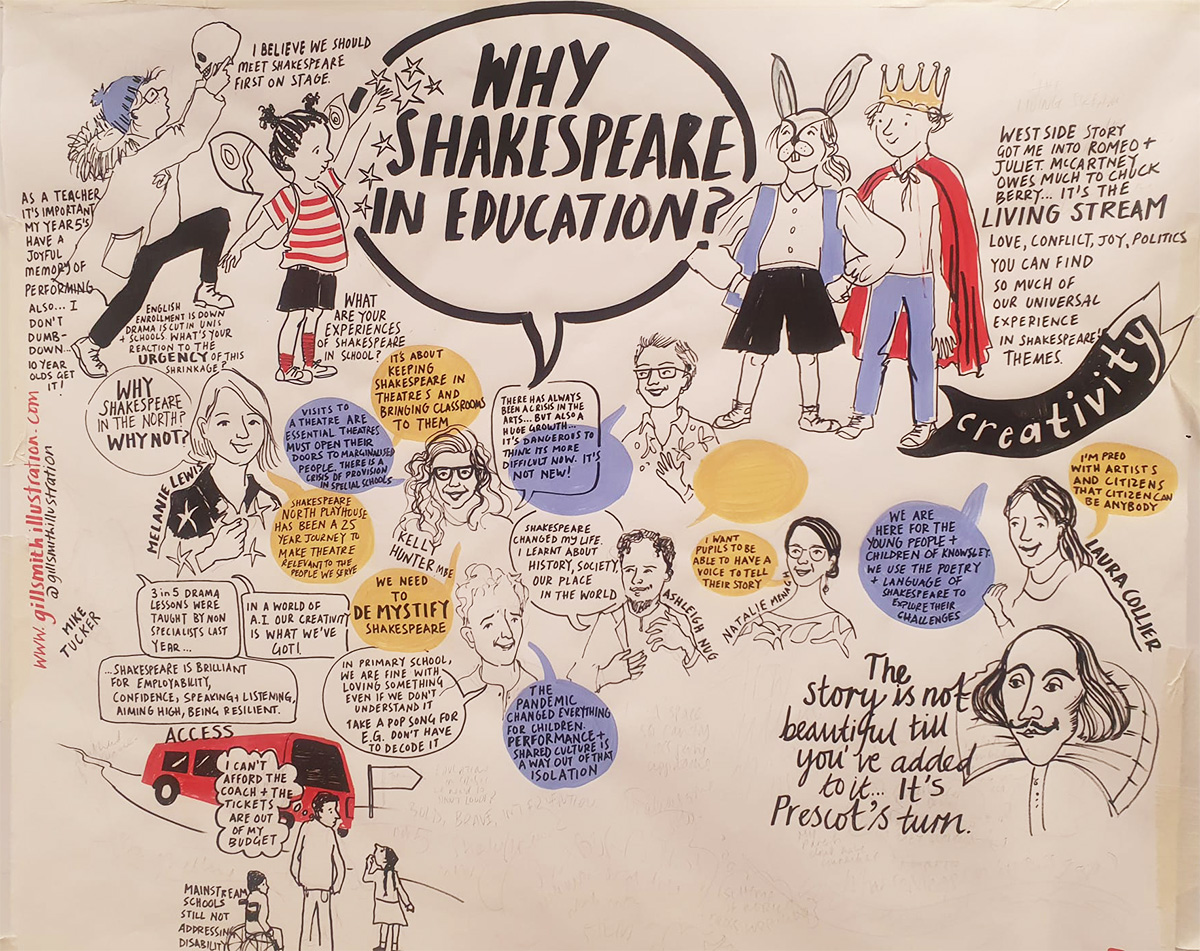How Coram Shakespeare Schools Foundation changed this student's perception of Shakespeare
On Thursday 4 April, Mike Tucker, Head of Coram Shakespeare Schools Foundation, and Maddie Short, Programmes Lead, attended a Shakespeare sector discussion event at Shakespeare North Playhouse, Prescot.

In attendance were leaders from across the Shakespeare sector with representatives from the RSC, Shakespeare's Globe, Shakespeare North Playhouse, The Shakespeare Institute, Shakespeare Birthplace Trust.
Mike formed part of the panel on the topic ‘Why Shakespeare in education?’, alongside artists, teachers and local councillors. This lively debate sparked responses from the audience of teachers, artists, university lecturers, MPs, local authority representatives and scholars, all clearly passionate about the role of Shakespeare in education and the importance of giving young people a meaningful and exciting experience to remember when working with him!
There was also serious discussion about the impact of 'Shakespeare Shrinkage' raised by Professor Farah Karim Cooper. Considering the alarming drop off in English Literature take up, both by students at A-level and in Initial Teacher Training, and increasing funding cuts in arts and humanities subjects in schools and higher education, there is a genuine question about where Shakespeare will fit in and how young people will access the transformational power of his works.

There was a wonderful, unified response, with everyone agreeing on the importance of ensuring young people get to play with Shakespeare, experience the stories up on their feet and see them live. He wrote plays to be played by players - and we must allow young people to play with them too. As Frank Cottrell Boyce, author and panelist, stated, stories are made better by people adding to them. We must find opportunities for young people to know that these are stories they can add to.
We, at Coram Shakespeare Schools Foundation, believe in the power of reimagining Shakespeare, of giving teachers and young people the permission to find their own connections with the stories. We are not the Shakespeare police, we won't tell people how to discover his joys, or how to perform his stories. We want performers, company members and audiences to feel that there's a reason for their version of the story being staged in this way, at this time, for this audience.
It was a delight to spend a day in the company of likeminded people, all coming together for a common cause but delivering work in very different ways. We can't wait to see what happens next!

